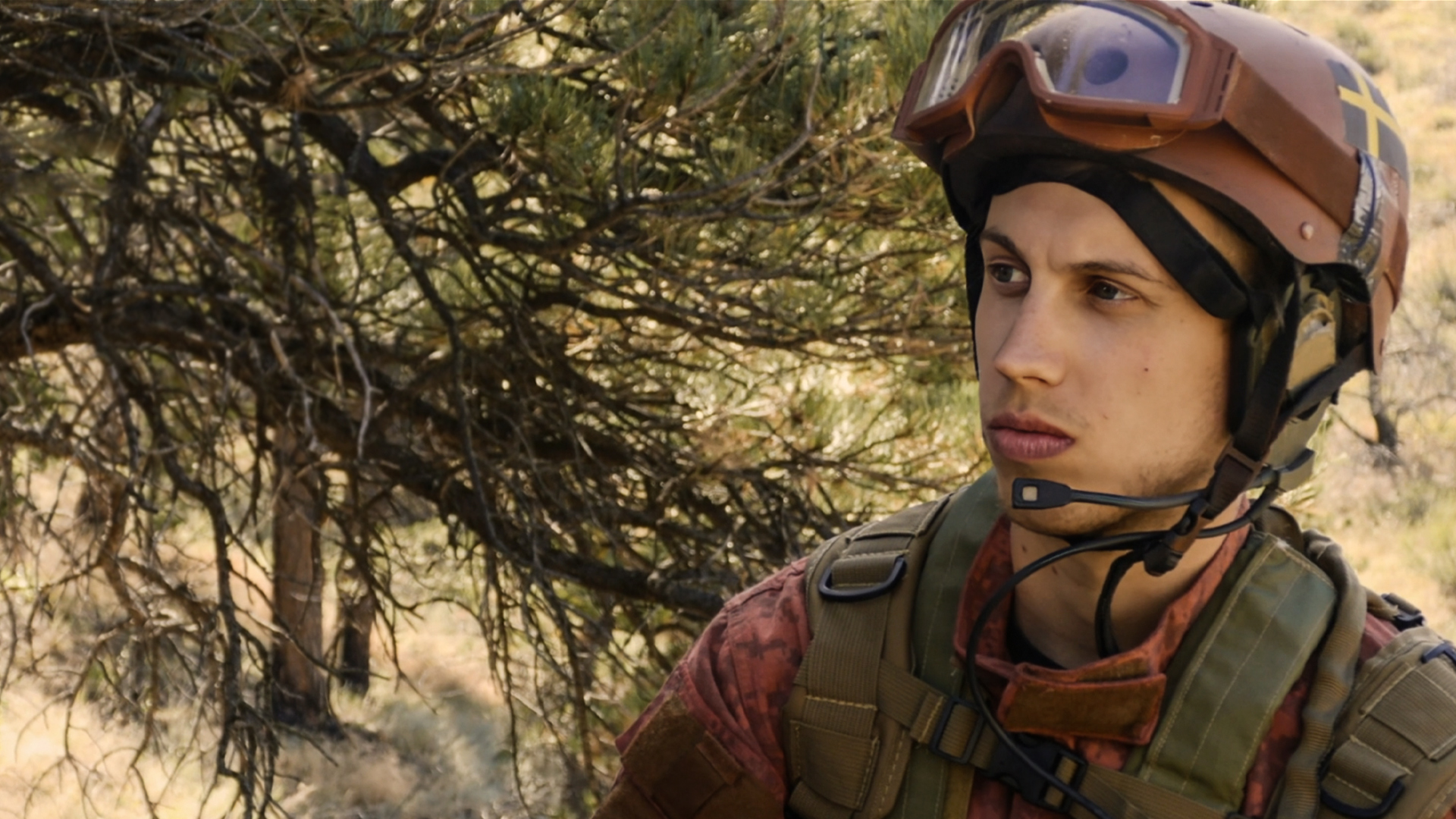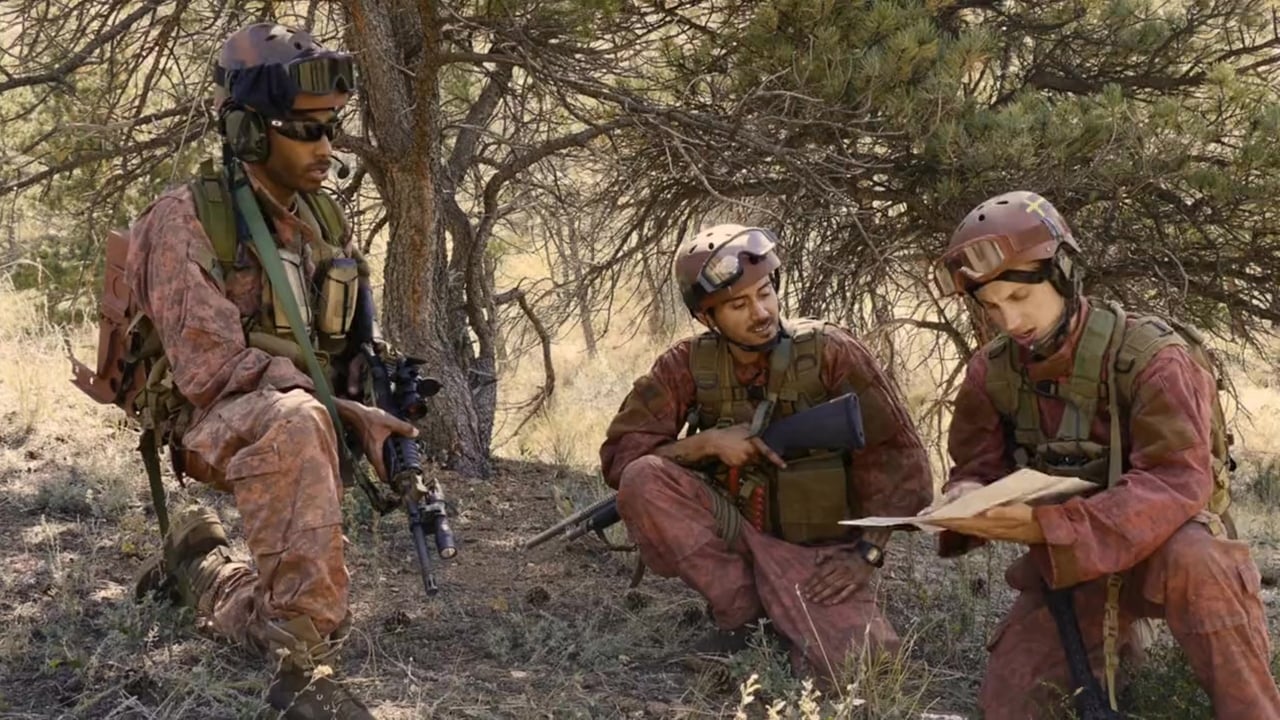Downriver exposes the weight of guilt and the desperate search for forgiveness.
“Downriver” (2018), directed by Grant Scicluna, is a haunting Australian drama that delves into the burden of guilt, the corrosive nature of secrets, and the desperate search for truth. Unlike traditional crime thrillers, the film approaches its subject with a quiet intensity, focusing on the inner turmoil of its characters as much as the mystery itself.
The story centers on James, a young man recently released from juvenile detention after serving time for drowning a boy when he was a child. Though the crime remains shrouded in mystery, James returns to his riverside hometown to confront his past and uncover what really happened that day. His arrival stirs unease among the locals, many of whom see him as a murderer who should never have been freed.

As James reconnects with old acquaintances and befriends new allies, he begins piecing together the hidden truths of that tragic event. Along the way, he confronts betrayal, denial, and the deep scars left by the community’s silence. What unfolds is less a murder mystery than a meditation on memory, shame, and whether forgiveness is ever truly possible.
The film’s atmosphere is somber and unsettling, with its rural Australian setting amplifying feelings of isolation and unease. The river itself becomes a symbol of both death and renewal—its dark waters hiding painful truths while also representing the possibility of cleansing and change. Performances are raw and understated, drawing the viewer into the quiet desperation of characters trapped by their pasts.

Ultimately, Downriver (2018) is a story about reckoning. It asks whether confronting the truth can bring redemption, or if some wounds are destined to remain unhealed. It is a bold, uncompromising look at guilt and the human longing for absolution.
-1749627094-q80.webp)

-1753842853-q80.webp)
-1752820281-q80.webp)